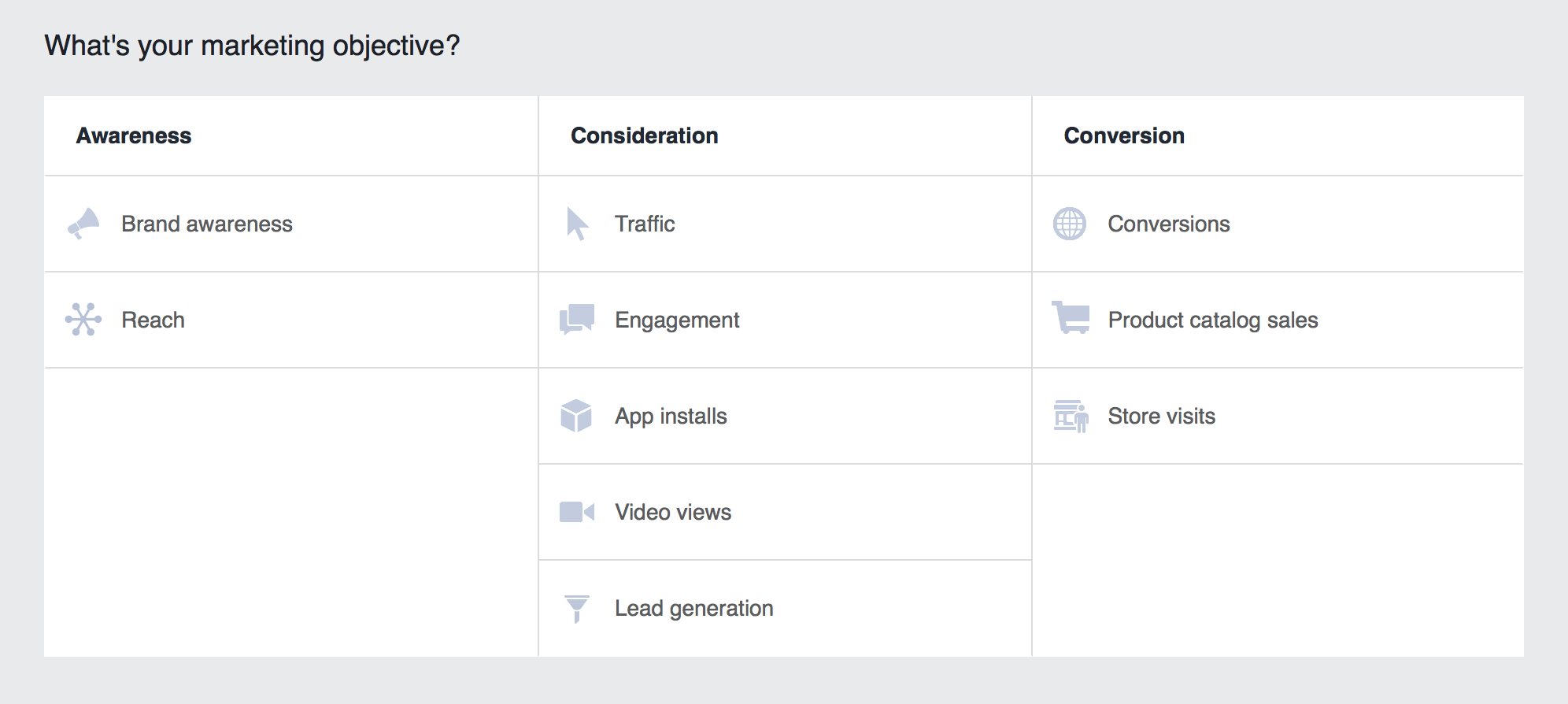
To boost—or not to boost—your Facebook posts
Marketing’s free ride on Facebook is over. Gone are the days when savvy marketers could simply set up a page, publish some content and sit back and wait for the engagement to begin. Nowadays, between a massive influx of content and Facebook’s ongoing mission to provide its users with the best, most-relevant news feed possible (thanks to an algorithm that increasingly prioritizes content posted by friends and family), it is getting harder and harder for pages to get noticed. And, according to HubSpot, it’s only going to get worse.
So, what can you do?
Pay up.
Facebook ads have long been a go-to tool for media buyers, thanks to their relatively low cost and high target ability. But what was once a luxury is now a necessity. Never one to miss out on an opportunity, Facebook rolled out the “boost post” option a couple of years ago and it’s probably one of the tactics we get asked about most. Not being experts in media buying (we leave that to, well … the experts) we decided to do a little research to see if boosting posts is really worth it.
Here is what we found.
Like Facebook itself, there is no shortage of opinions
While we were hoping to uncover some sort of consensus, either for or against boosting posts, we found strong opinions on both sides of the fence (and some that seemed to be balancing somewhere in between). Those on the “never, ever do it” side included the people at Agora Pulse whose opinion seemed to be largely based on the fact that the boost post option is simply a watered down version of Facebook’s existing advertising platform. They point out that by going the boost post route, you’re missing out on the opportunity to more precisely target your ad as well as your ability to choose exactly where your ad will run (news feed, mobile feed or right column). Furthermore, they mention that the ads built through the boost post option are always built to deliver engagement (comments, likes and shares) while Facebook’s Ad Manager allows you to create ads from posts based on the following marketing objectives:
 Brand awareness – reach people who are more likely to be interested in your brand
Brand awareness – reach people who are more likely to be interested in your brand- Reach – show your ad to the maximum number of people
- Traffic – send people to a specific destination (your website, etc.)
- Engagement
- App installs – get people to install an app you’re selling
- Video views – get people to watch a video you posted
- Lead generation – drive sales leads by accumulating email addresses
- Conversions – lead to sales or other profitable actions
- Product catalog sales – automatically show products from your catalog
- Store visits – get people to visit your brick-and-mortar store
While all of this is true, other sources we found online weren’t as closed minded to the whole idea of boosted posts. These people recognized that, a lot of the time, “engagement” is exactly what page administers are looking for and the boost post option provided just enough audience segmentation to help them achieve their marketing objectives. For example, if a page is blessed with a group of very passionate and loyal followers and the page’s administrators simply wanted to make those followers aware of some important news item, clicking the boost post option would make perfect sense.
So, like everything in marketing, it all comes down to your objectives.
If you do boost …
The following is a list of tips we compiled during our research related to boosting posts:
- As we stated above, always start with a clear objective in mind, this will help you determine if “boost post” is the right choice and how to effectively segment your audience.
- Choose the right post to boost. Again, think about your objective and determine which post will have the best chance at soliciting the engagement you’re after.
- Give your post a chance to obtain engagement organically before you begin shelling out money, otherwise you’ll just be short changing yourself.
- Never spend your money to boost other people’s posts.
- Don’t overdo it. Boosting more than one post a week will make people tune you out and ultimately impact your long-term effectiveness.
What do you think? Agree or disagree with our assessment? Have additional input? Let us hear it in the comment section.
Thanks!